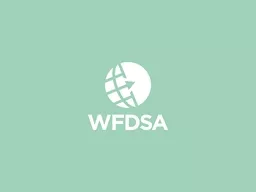PPT-An Introduction to Ethics
Author : alida-meadow | Published Date : 2016-06-20
Week Nine Distributive Justice and Torture Distributive Justice Answers to questions on distributive justice are answers to the question how should we distribute
Presentation Embed Code
Download Presentation
Download Presentation The PPT/PDF document "An Introduction to Ethics" is the property of its rightful owner. Permission is granted to download and print the materials on this website for personal, non-commercial use only, and to display it on your personal computer provided you do not modify the materials and that you retain all copyright notices contained in the materials. By downloading content from our website, you accept the terms of this agreement.
An Introduction to Ethics: Transcript
Download Rules Of Document
"An Introduction to Ethics"The content belongs to its owner. You may download and print it for personal use, without modification, and keep all copyright notices. By downloading, you agree to these terms.
Related Documents














